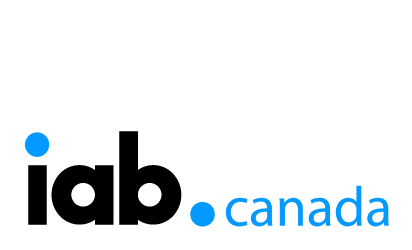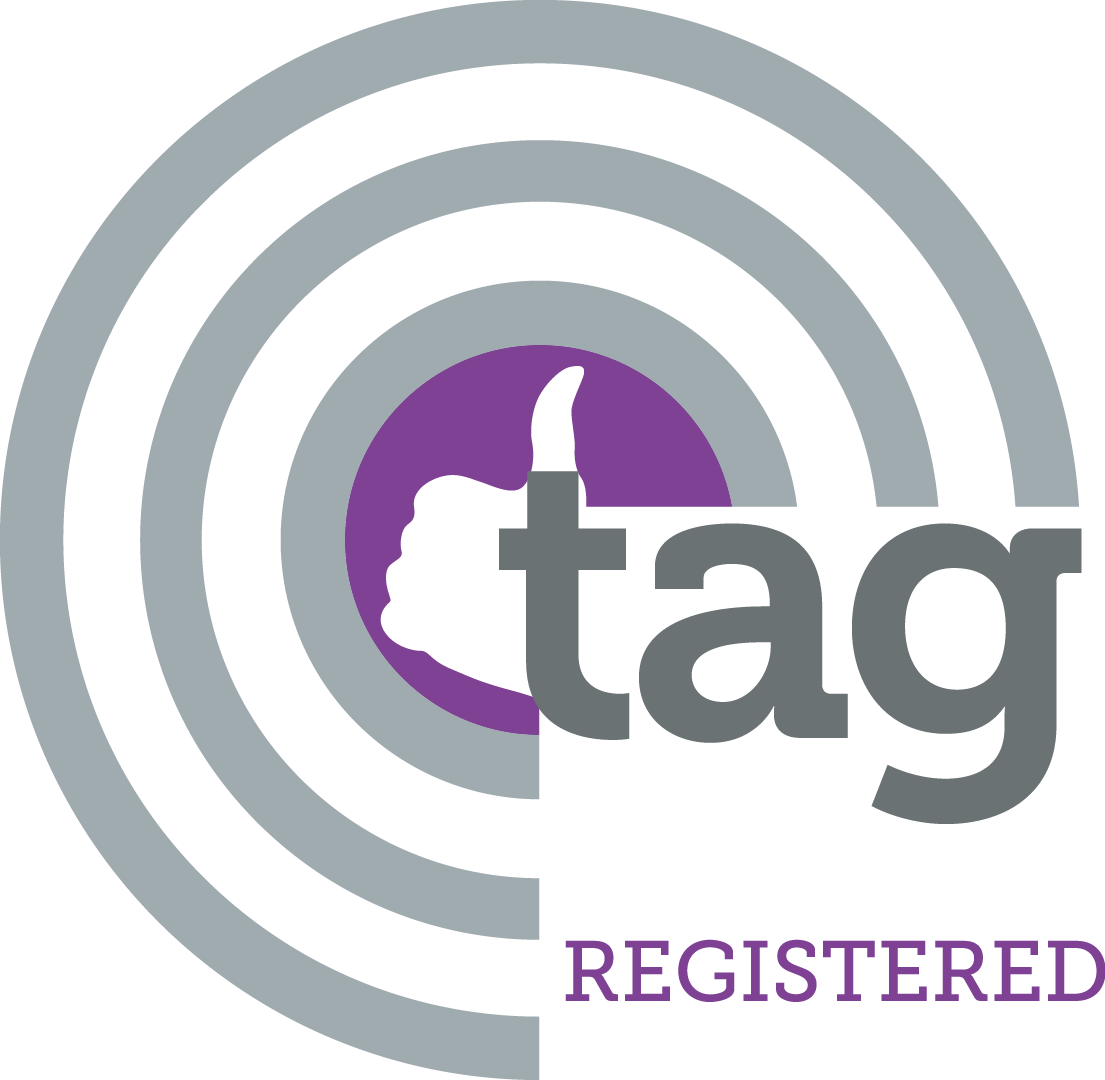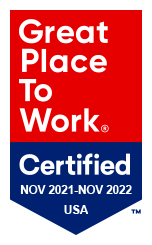Planning for a Recession,
Even if There isn't One
For agencies, planning for a recession will pay off —
even, and especially, if there isn’t one
June 21, 2022 – By Oz Etzioni, Co-Founder & CEO at Clinch
A quick look at the markets and a listen to the economic pundits, and it’s clear that fear of a recession is widespread. That doesn’t mean there will be one, but it does mean businesses — especially agencies — should plan for the potential now, before the bottom drops out and the only answer is to cut costs dramatically. The good news is that everything you might do to plan for a recession will have major benefits even if one never arrives.
There’s long-held wisdom and a body of research suggesting that brands cannot stop advertising in recessionary times without seeing negative long-term effects. But Digiday president and editor-in-chief Brian Morrissey makes a counterargument: they cut advertising anyway. He contends that the first budget to be slashed is often brand advertising, because it is not intended to yield immediate and necessary returns.
It’s been quite a while since the last recession, and the less gray-haired among agency leaders may not have lived through the devastation they can bring. For example, in April 2008 alone, the ad industry shed 36,400 jobs, per reports by AdAge. Recovery took many years to begin and many years to accomplish.
So, if there is a recession coming, how can agencies plan for it today? And can they do so without making cuts today they’ll regret if a recession doesn’t happen?.
If you agree with Morrissey that brand advertising is likely to be cut, it pays to ensure that you have state-of-the-art practices around response advertising. Namely, it’s worth investing in dynamic creative optimization, which is capable of granular ad personalization and thereby can dramatically increase returns on ad spend. Dynamic creative optimization treats every media dollar as a research dollar to help both agencies and brands better understand how to most effectively market to consumers. Do this not as an add-on service, but as a core offering, so it’s easy to turn on and off when strategically appropriate.
More generally, the key to survival in a recession is the same as the key to greater profit in boom times: efficiency. You may not feel the same urgency during boom times, but it is never the wrong time to become more efficient. This doesn’t require layoffs, pay cuts or working employees to exhaustion; it means doing more with the same or less. It means embracing automation to let machines do what machines can do and leaving the human work to people. It means looking for systemic solutions to help streamline operations, rather than just bolting on another point solution.
The industry is overflowing with point solutions. Each provides a specific capability or source of data or solves a defined problem. But this patchwork approach is inefficient. It takes a lot of time, effort and training to manage. Each solution becomes a separate expense. Just as the industry has consolidated capabilities, look for technology that can help you consolidate processes. That will allow you to train, staff and manage for one platform that is equipped with all the capabilities you need.
Campaign management across the entire lifecycle — from strategy and planning to activation, optimization and reporting — is a resource-heavy, lossy enterprise prone to error and delay and managed by a variety of legacy tools that were not built for advertising. Organizations might employ PowerPoint for one function, Excel for another, Tableau for a third. In a world heavily dependent on data, having non-interoperable systems is a self-inflicted wound. In a recession, it’s a deadly one.
Moving to a platform that can manage end-to-end processes and facilitate collaboration between disciplines allows one of two outcomes. Either you can do the same amount of work, and better, with fewer resources, or you can do more work and make more money with the same resources. The first is recession thinking; the second, success thinking. Because automation handles complex and time-consuming rote work, your people can do what they do best: thinking, strategizing, being creative, managing clients and delivering results.
In a recession, when you feel compelled to lay off people to cut costs, you’re also laying off your ability to deliver for your clients. Clients tend to react poorly to diminished service levels, and the relationship often suffers as a result. The choice isn’t whether the people suffer or the business suffers, because in the end, everything suffers.
However, if you can consolidate or shed partners without losing capabilities or people — while increasing your people’s productivity without requiring that they take on more work — all on the back of technology that itself represents a cost savings, then you have made yourself as recession-proof as possible. And a recession isn’t even required to reap the benefits.



